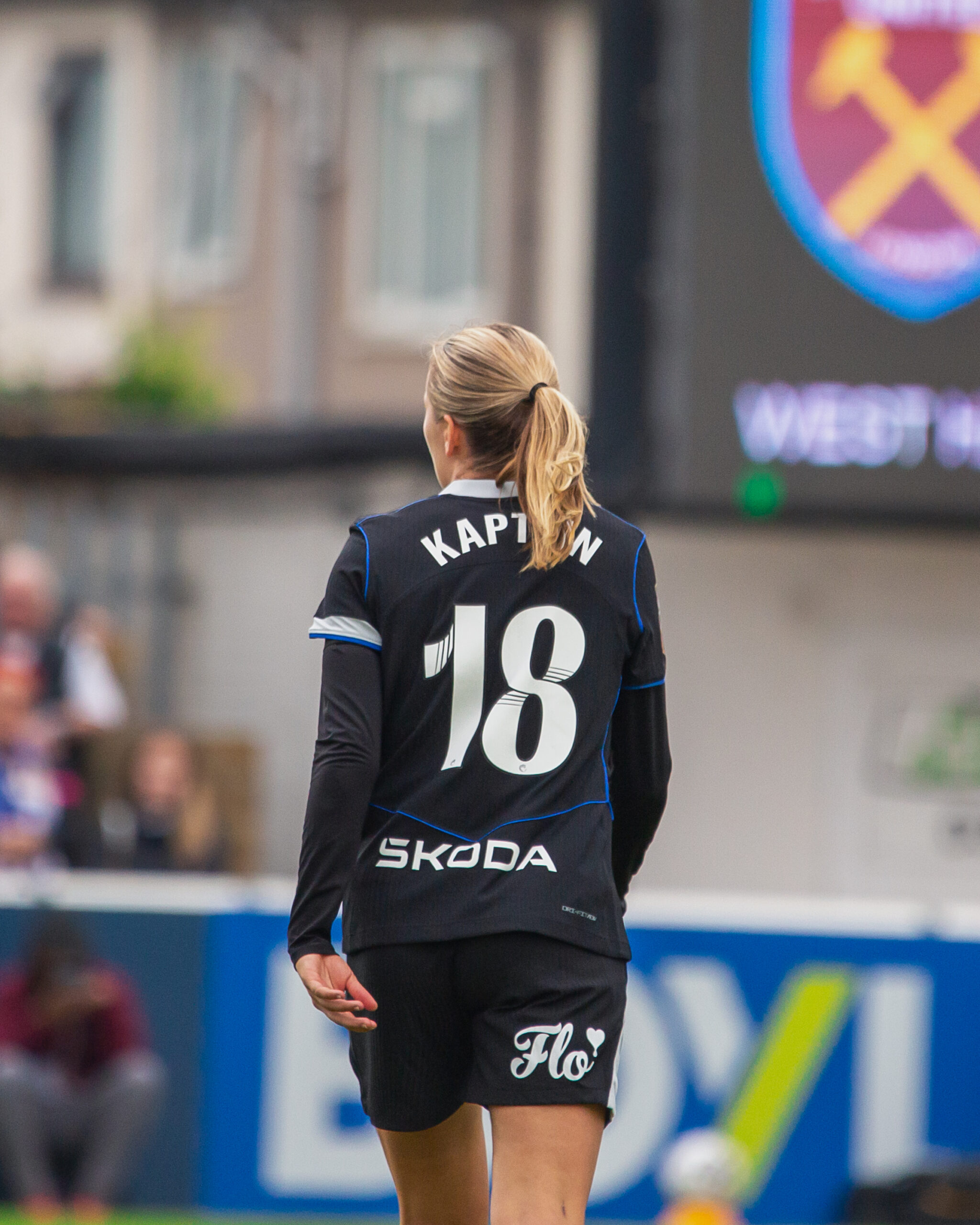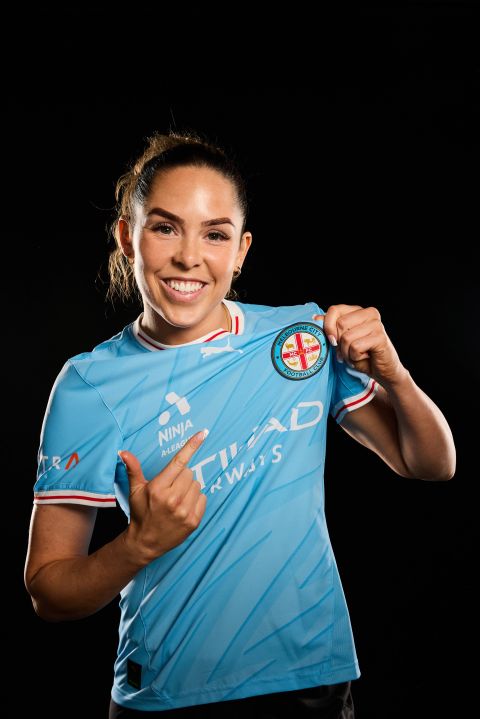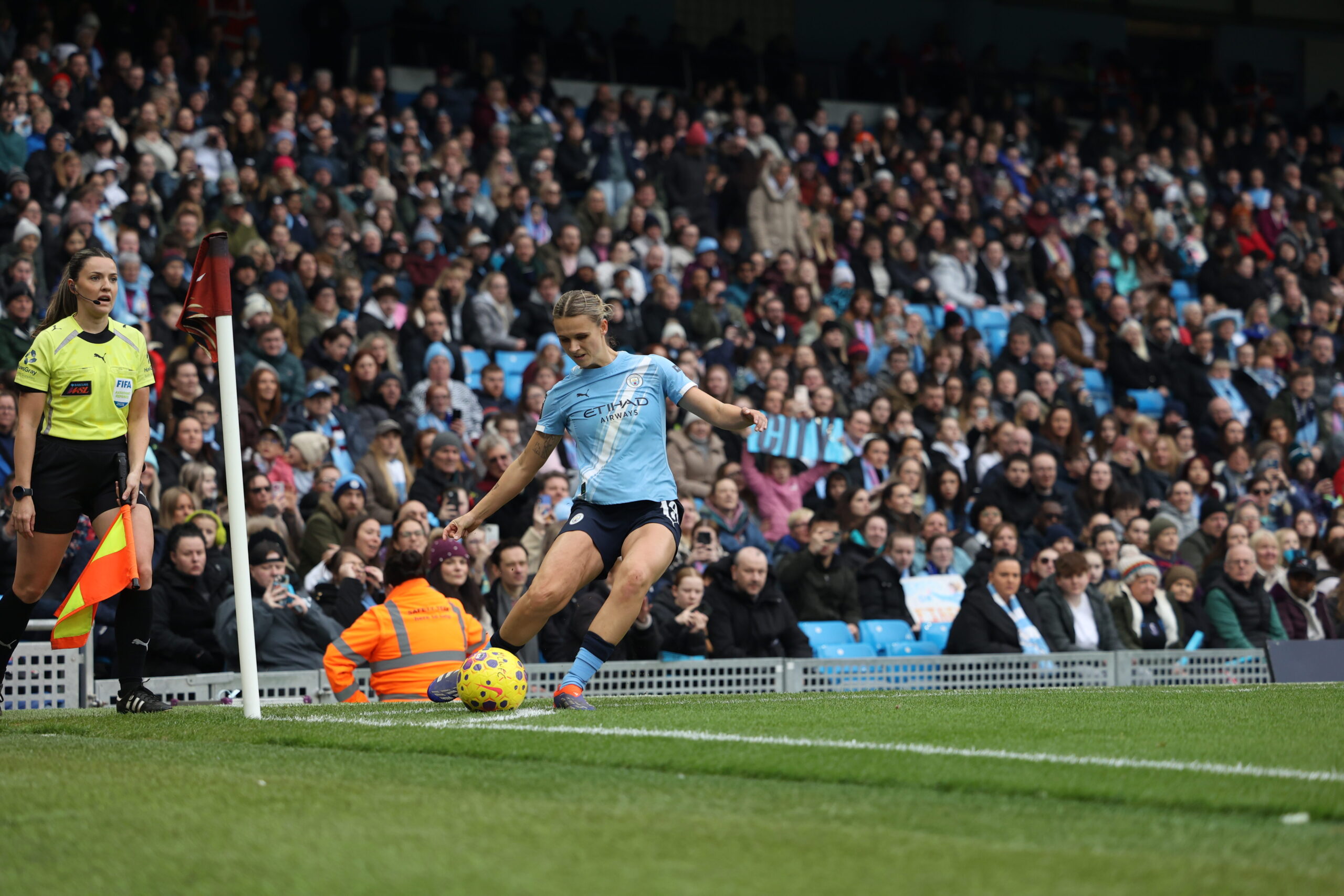The Professional Footballers’ Association (PFA) has played a crucial role in the growth and development of women’s football in England. As the official union for professional footballers, the PFA has been a key advocate for player rights, welfare and career progression, ensuring that female players receive better opportunities both on and off the pitch.
Fighting for Better Pay
One of the PFA’s most significant contributions to women’s football has been its push for improved wages. Female footballers have faced and still face substantial pay disparities compared to their male counterparts, but the PFA has worked alongside leagues and governing bodies to advocate for fairer salaries, minimum standards and better contracts.
The PFA has also campaigned for better training facilities and medical support, ensuring that players in the Women’s Super League and Women’s Championship receive the necessary resources to perform at their best. The PFA has also played a crucial role in negotiating the introduction of minimum standards for player contracts, including provisions for maternity leave, making it easier for players to balance family life with their careers along with advocating for equal prize money in domestic and international competitions, striving for equality in financial rewards between men’s and women’s football.
Career Development
Given that the financial landscape of women’s football is still evolving, many female footballers consider career paths beyond their playing days. The PFA helps players plan for life after football by offering education grants, career advice, and support in pursuing qualifications in coaching, media or other industries. This ensures that players are equipped with the skills and opportunities to transition into fulfilling careers after retiring from professional football.
The PFA also provides mentorship programmes that connect current players with former professionals who have successfully transitioned into new roles, giving them guidance on how to navigate life after football. With growing opportunities in coaching and football administration, the PFA plays a key role in ensuring female players are not left behind when their playing careers end.
Mental Health and Wellbeing Services
Mental health support has become a key focus for the PFA, recognising the pressures that come with being a professional athlete. Female players can access counselling services, psychological support, and workshops designed to help with stress management, injury recovery and personal well being.
The PFA acknowledges that female footballers face unique challenges, including social media scrutiny and performance pressure. To combat these issues, they provide mental health initiatives tailored to the needs of the players, ensuring that they have access to professionals who understand the demands of their careers. Workshops on coping with career uncertainty, body image, and managing external expectations help players build resilience. The PFA also runs campaigns to reduce the stigma surrounding mental health in football, encouraging players to seek support when needed.
Support for Injured Players
Injuries can be career threatening and the PFA provides rehabilitation support, funding for specialist treatments and financial assistance for players facing long term recovery. With ACL injuries being a major concern in women’s football, the PFA has been actively involved in research and initiatives to improve injury prevention strategies and player safety.
The PFA collaborates with medical experts and researchers to investigate the causes of ACL injuries and develop preventative measures tailored to female players. This includes advocating for improved pitch conditions, better football boots and enhanced strength and conditioning programmes specifically designed for women. Additionally, the PFA offers injured players access to top physiotherapists, rehabilitation centres and specialist consultants to ensure they receive the best possible care and have the highest chance of returning to play at full fitness.
Advocating for Equal Opportunities
Beyond financial and contractual support the PFA continues to push for greater visibility, investment and respect for the women’s game. They work with the FA, clubs and sponsors to ensure that women’s football receives the media attention and funding it deserves, leading to increased fan engagement and professional opportunities for players.
The PFA has been instrumental in advocating for greater media coverage of the WSL and WC, pushing broadcasters and streaming services to invest in women’s football. They also work to ensure sponsorship deals and commercial opportunities are more evenly distributed across the men’s and women’s game, helping female players secure better endorsement opportunities. Additionally, they engage with clubs and governing bodies to promote equality in matchday experiences, pushing for women’s teams to have equal access to high-quality stadiums, training facilities and marketing resources.
PFA Awards
The PFA hosts annual awards recognising the best talent in English football, including the PFA Women’s Players’ Player of the Year and the PFA Young Women’s Player of the Year. These awards celebrate outstanding performances in the Women’s Super League and beyond. These awards not only highlight individual excellence but also help boost the profile of women’s football, giving players well-deserved recognition for their contributions to the game.
Recent winners include:
PFA Women’s Players’ Player of the Year 2024: Bunny Shaw
PFA Young Women’s Player of the Year 2024: Grace Clinton
The PFA’s work in women’s football has been key in driving progress within the game. While there is still a long way to go to achieve full equality, the PFA’s continued advocacy ensures that female footballers are supported in their careers, well being and future aspirations.



